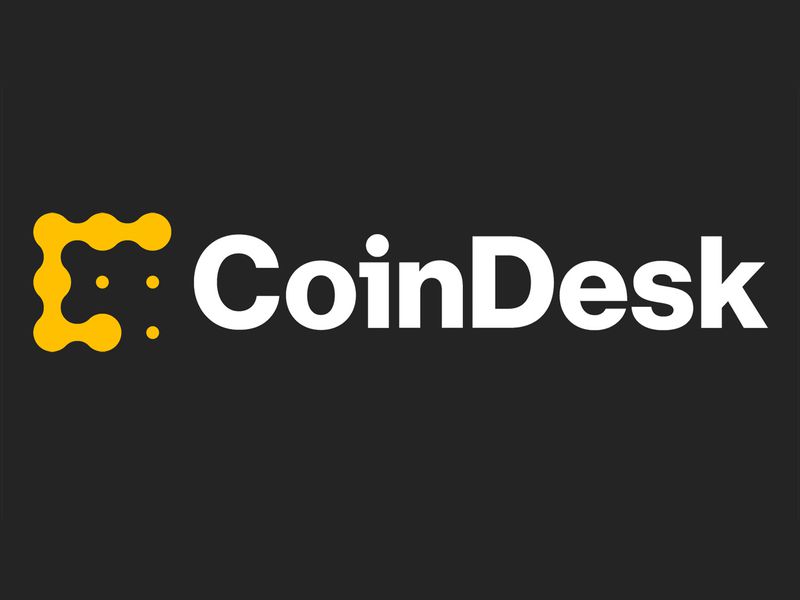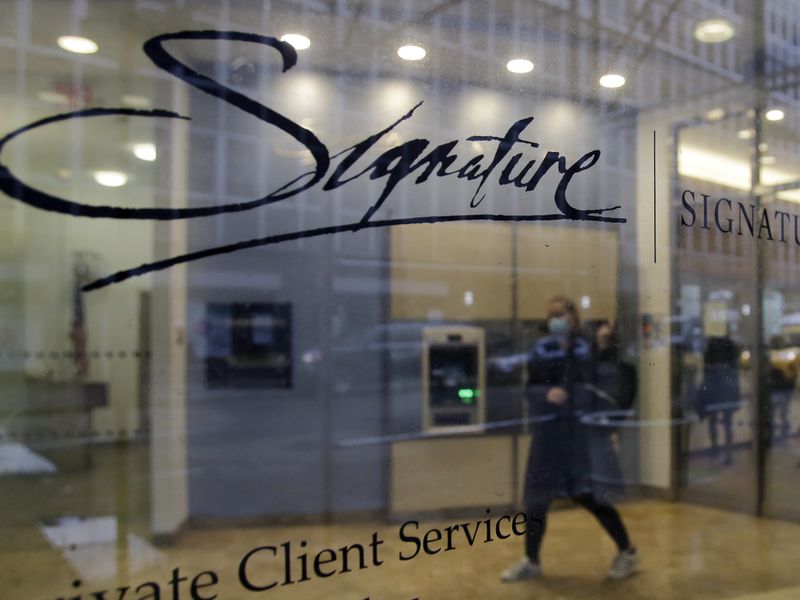EU lawmakers from multiple parties have signaled continuing support for the bloc’s landmark Markets in Crypto Assets regulation (MiCA) in a Wednesday debate, suggesting the licensing law will easily pass a vote due Thursday.
MiCA, whose main political outlines were agreed upon last year, would allow crypto exchanges and wallet companies to offer regulated services across the bloc and requires stablecoin issuers to hold sufficient reserves.
Speakers from the parliament’s biggest groupings – the European People’s Party, Socialists and Democrats, Renew Europe, and European Conservatives and Reformists – welcomed the proposals. Assuming all those parties’ members all vote accordingly, the law seems set to comfortably gain the majority needed in a vote scheduled for Thursday.
“Europe can be proud of the step we’re taking today,” Lídia Pereira, of the center-right EPP which constitutes the biggest political grouping in the European Parliament, told fellow lawmakers.
“As we’ve seen in recent months, stringent rules and supervision are very much needed,” the European Commission’s Mairead McGuinness said, citing the collapse of crypto companies FTX, Celsius, Voyager, and the stablecoin terraUSD, and referring to provisions intended to protect consumers, avoid market abuse, and curb money laundering.
MiCA should “restore the trust that was damaged by the FTX case” and bring stability to the sector, said Stefan Berger, the German center-right lawmaker who led the parliament’s negotiations on the law, adding that it will put the EU “at the forefront of the token economy.”
Lawmakers also suggested support for a separate but controversial anti-money laundering measure known as the Transfer of Funds rules which require crypto providers to gather details of their users’ identity.
Agreement on the laws marks “the end of the ‘Wild West’ era for the unregulated world of crypto assets,” said the Green grouping’s Ernest Urtasun, adding that the sector had “provided a safe haven for fraudsters and international criminal networks.”
The deal struck by negotiators for the parliament and the EU’s Council, representing member states, must be formally rubber stamped by both institutions before the measures pass into law, a step that has been hampered by administrative delays in finalizing and translating the text.
MiCA rules will take effect 12 to 18 months after the legislation is published in the bloc’s Official Journal, which is likely to happen in June – potentially making the EU the first major jurisdiction with a wide-reaching crypto law.
Edited by Stephen Alpher.
DISCLOSURE
Please note that our
privacy policy,
terms of use,
cookies,
and
do not sell my personal information
has been updated
.
The leader in news and information on cryptocurrency, digital assets and the future of money, CoinDesk is a media outlet that strives for the highest journalistic standards and abides by a
strict set of editorial policies.
CoinDesk is an independent operating subsidiary of
Digital Currency Group,
which invests in
cryptocurrencies
and blockchain
startups.
As part of their compensation, certain CoinDesk employees, including editorial employees, may receive exposure to DCG equity in the form of
stock appreciation rights,
which vest over a multi-year period. CoinDesk journalists are not allowed to purchase stock outright in DCG
.
Jack Schickler is a CoinDesk reporter focused on crypto regulations, based in Brussels, Belgium. He doesn’t own any crypto.
Learn more about Consensus 2023, CoinDesk’s longest-running and most influential event that brings together all sides of crypto, blockchain and Web3. Head to consensus.coindesk.com to register and buy your pass now.
Jack Schickler is a CoinDesk reporter focused on crypto regulations, based in Brussels, Belgium. He doesn’t own any crypto.


:format(jpg)/www.coindesk.com/resizer/VDk3MowyGg2DUxeRJFgGIHdZ6SE=/arc-photo-coindesk/arc2-prod/public/ZHFQDVVL5ZHVNGH7MTIESP35ZU.jpg)








